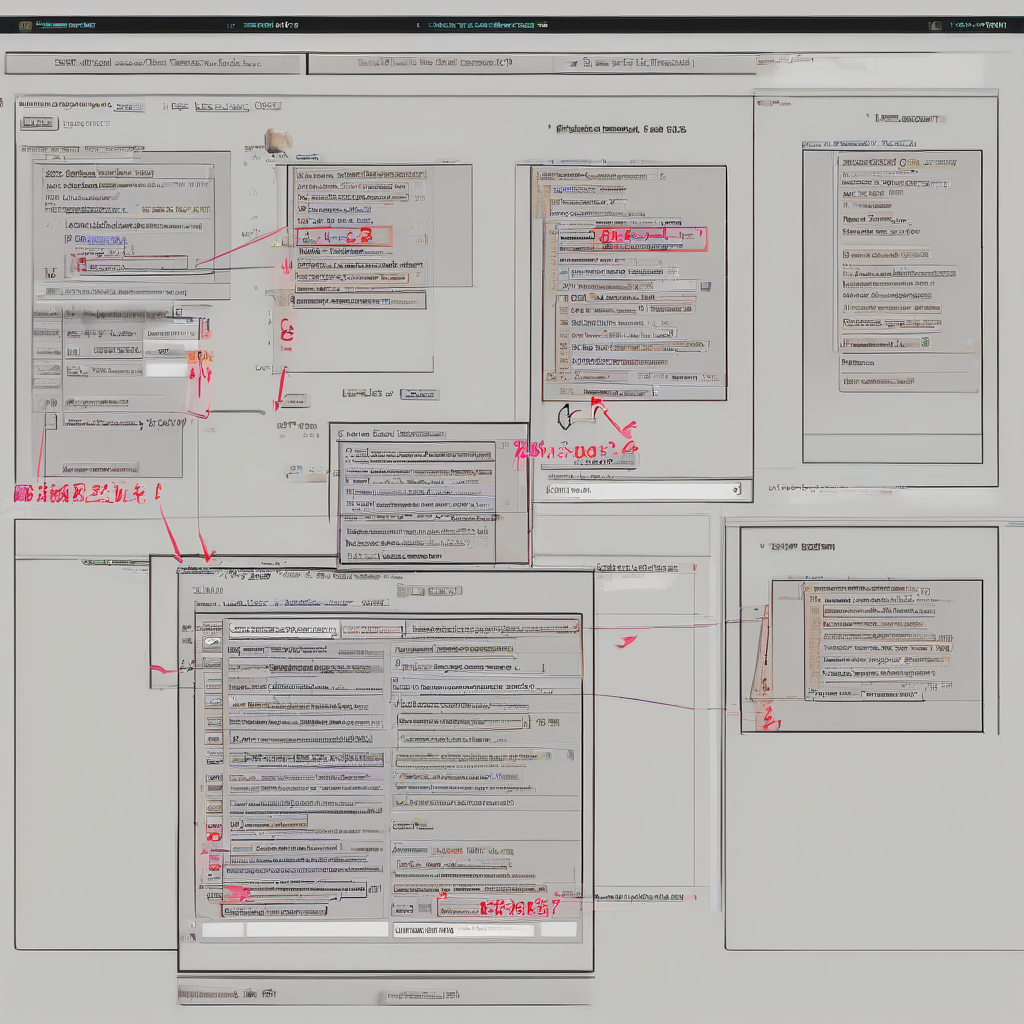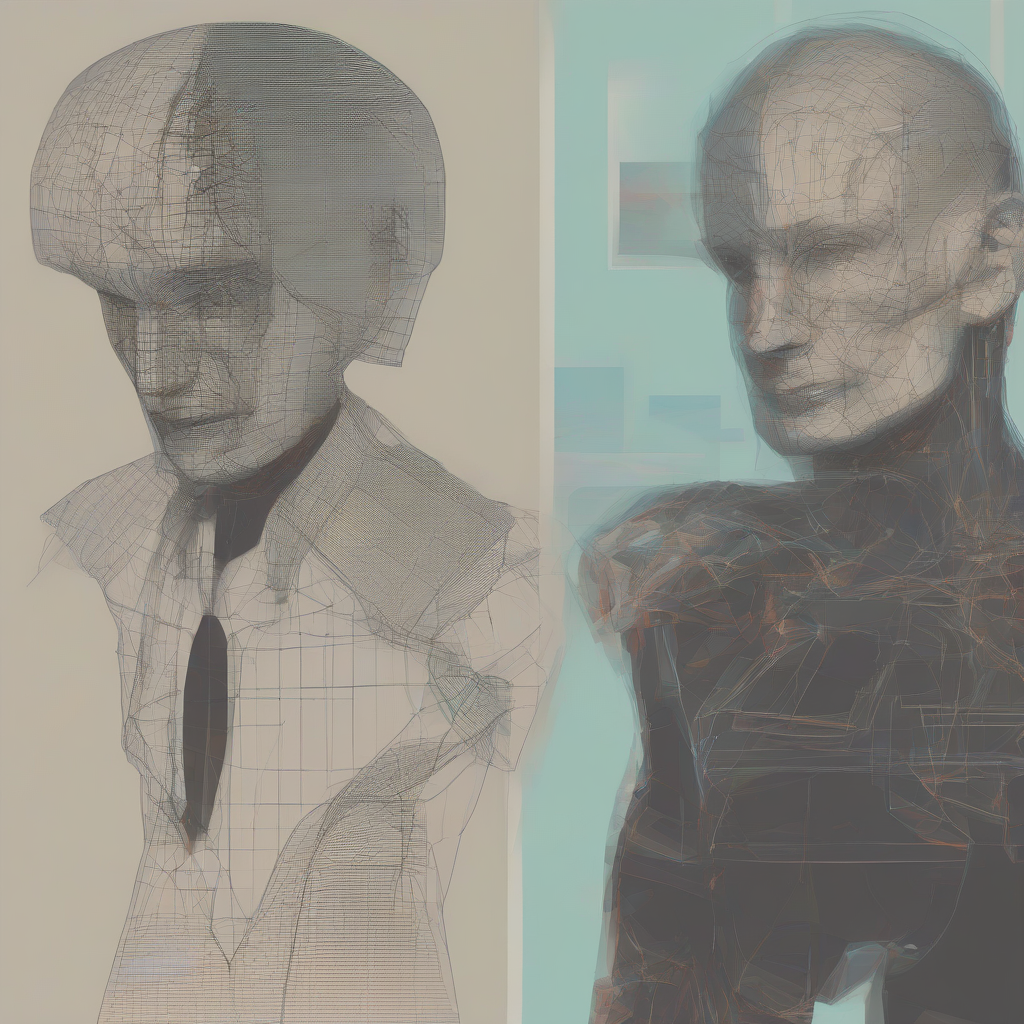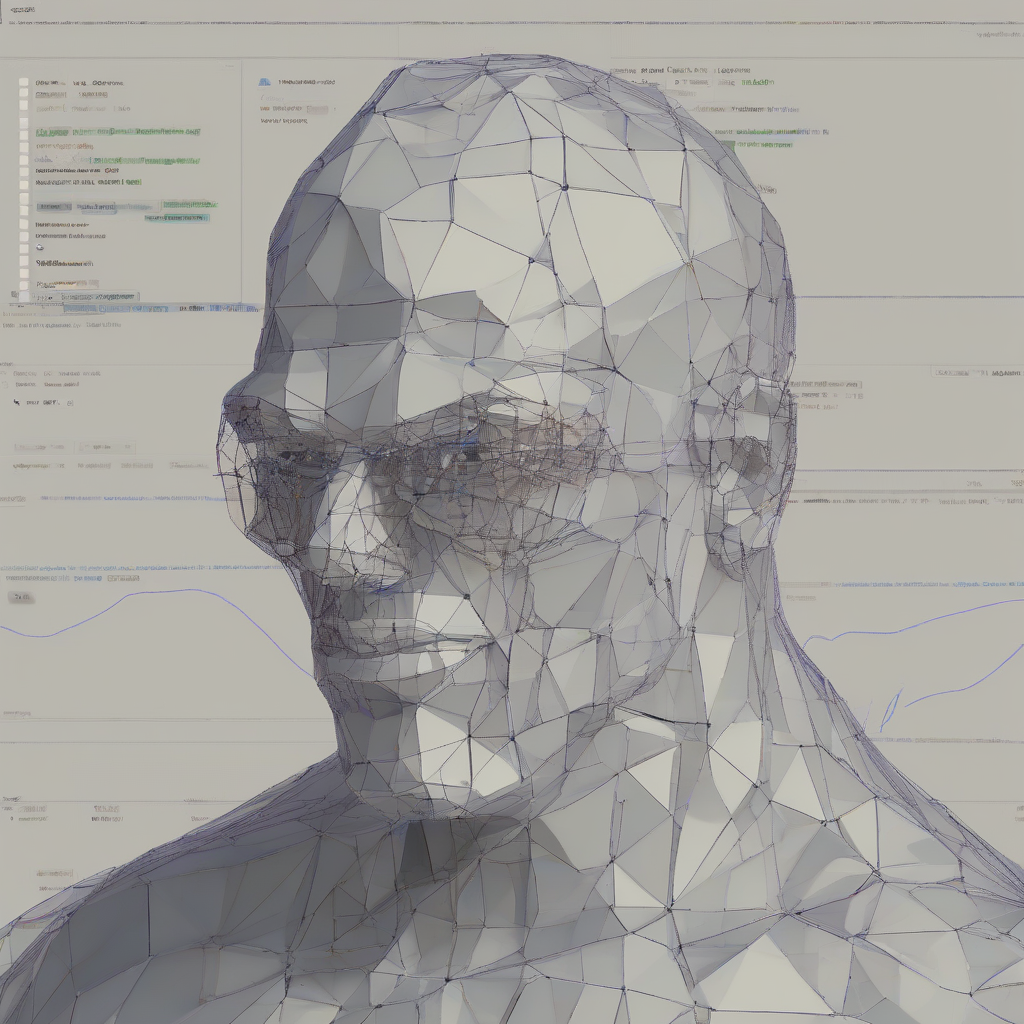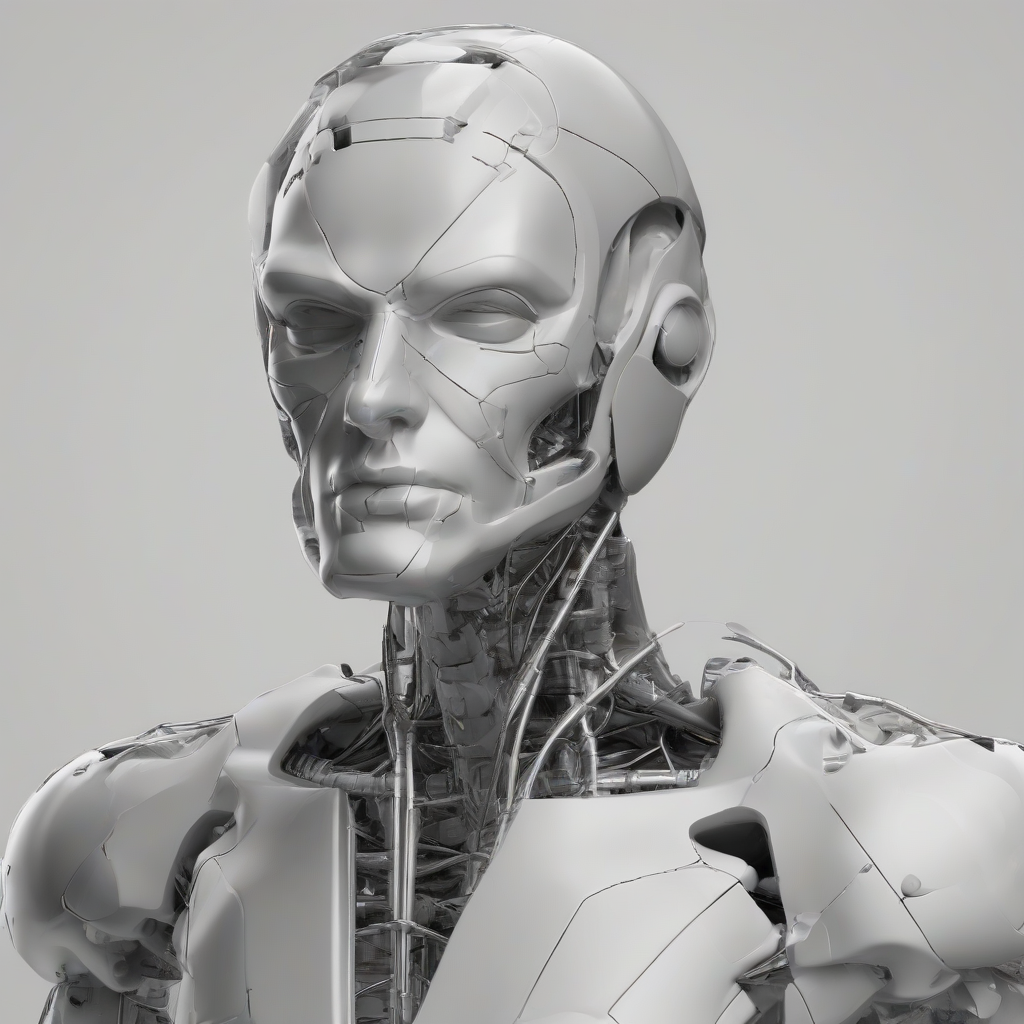Unraveling the Meaning of a Degree: Beyond the Diploma
The word “degree” conjures images of graduation ceremonies, tassel-turning, and the culmination of years of hard work. But what does a degree truly represent? Is it simply a piece of paper, a credential for employment, or something far more profound? This exploration delves into the multifaceted nature of a degree, examining its historical context, its contemporary significance, and its evolving role in personal and professional development.
A Historical Perspective on Degrees
The concept of academic degrees has deep historical roots, tracing back to medieval universities in Europe. Initially, degrees served as markers of proficiency in specific disciplines, primarily theology, law, and medicine. These early degrees, such as the Bachelor of Arts (BA) and the Master of Arts (MA), were not standardized across institutions, and their requirements varied considerably.
The establishment of universities formalized the process of awarding degrees, creating a system for verifying scholarly attainment and establishing a hierarchy of academic achievement. The doctoral degree, signifying the highest level of scholarly achievement, emerged later, representing a significant contribution to knowledge through original research.
- Medieval Universities: The birthplace of formal degree systems, focusing on theology, law, and medicine.
- Standardization: The gradual development of standardized curricula and degree requirements across institutions.
- Hierarchical Structure: The establishment of a clear hierarchy of degrees, reflecting increasing levels of academic attainment.
- Doctoral Degrees: The emergence of the doctorate as the pinnacle of scholarly achievement, requiring original research.
The Modern Significance of a Degree
In the contemporary world, the significance of a degree extends far beyond its historical origins. While it still signifies academic achievement, it has also become a crucial element in navigating the complexities of the modern job market. Degrees serve as signals of competence, commitment, and the acquisition of specific skills and knowledge deemed valuable by employers.
However, the value of a degree is not uniform across all fields or institutions. The prestige of the awarding institution, the specific field of study, and the overall quality of the education received all contribute to a degree’s perceived value. Furthermore, the rapid pace of technological advancement and the changing demands of the job market are continually reshaping the role and relevance of different degrees.
- Employment Opportunities: Degrees often serve as a prerequisite for entry into many professions.
- Skill Development: Degrees provide opportunities for the acquisition of specific skills and knowledge relevant to particular careers.
- Networking Opportunities: Universities and colleges provide platforms for networking with faculty, peers, and alumni.
- Personal Growth: The pursuit of a degree often fosters personal growth, critical thinking skills, and self-discipline.
- Credentialism: The increasing emphasis on degrees as a prerequisite for employment, regardless of actual skill level.
Types of Degrees
The academic landscape offers a diverse range of degrees, each with its own unique characteristics and requirements. Understanding the different types of degrees is crucial for individuals seeking to navigate the educational system and make informed decisions about their academic pursuits.
- Associate Degrees: Typically two-year programs that provide a foundation in a specific field of study.
- Bachelor’s Degrees: Four-year programs leading to a Bachelor of Arts (BA) or Bachelor of Science (BS) degree.
- Master’s Degrees: Graduate programs typically requiring a bachelor’s degree for admission, offering specialized knowledge and skills.
- Doctoral Degrees (PhD, EdD, etc.): The highest level of academic degrees, requiring extensive research and the completion of a dissertation.
- Professional Degrees (JD, MD, etc.): Degrees designed to prepare students for specific professions, such as law, medicine, or engineering.
Beyond the Diploma: The Value of Experiential Learning
While degrees undoubtedly hold significant value, it’s crucial to recognize the growing importance of experiential learning. Practical experience, internships, volunteer work, and extracurricular activities can significantly enhance one’s skillset and employability, often complementing or even surpassing the value of formal education in certain contexts.
The modern job market increasingly values practical skills and demonstrable competencies. Employers are increasingly seeking candidates who possess not only theoretical knowledge but also practical experience and the ability to apply their knowledge in real-world settings. This shift highlights the need for a holistic approach to education and career development, emphasizing the integration of formal education and experiential learning.
- Internships: Hands-on experience in a professional setting, providing valuable skills and networking opportunities.
- Volunteer Work: Opportunities to develop skills, contribute to the community, and gain valuable experience.
- Extracurricular Activities: Engaging in activities outside of formal education, developing leadership skills and teamwork abilities.
- Portfolio Development: Creating a portfolio of work demonstrating skills and achievements.
The Evolving Role of Degrees in a Changing World
The landscape of higher education is constantly evolving, influenced by technological advancements, globalization, and the shifting demands of the job market. The traditional four-year degree is increasingly being challenged by alternative educational models, such as online learning, micro-credentials, and boot camps. These alternatives offer more flexibility, affordability, and often a more direct path to specific job skills.
However, the fundamental value of a degree – the demonstration of commitment, discipline, and the acquisition of knowledge – remains relevant. The challenge lies in adapting traditional models of higher education to meet the evolving needs of learners and employers, ensuring that degrees continue to serve as valuable credentials in a dynamic and rapidly changing world.
- Online Learning: The rise of online education, offering greater flexibility and accessibility.
- Micro-credentials: Short, focused courses or certifications demonstrating proficiency in specific skills.
- Boot Camps: Intensive, short-term programs focused on developing specific technical skills.
- Lifelong Learning: The increasing emphasis on continuous learning and skill development throughout one’s career.
The Future of Degrees
The future of degrees is likely to be characterized by increased personalization, flexibility, and a greater focus on practical skills. We can expect to see a continued rise in alternative educational models, alongside a greater emphasis on the integration of formal education and experiential learning. The traditional four-year degree will likely remain a valuable credential, but it will need to adapt to meet the evolving needs of learners and employers.
Ultimately, the value of a degree extends far beyond the piece of paper itself. It represents a commitment to personal and professional growth, the acquisition of knowledge and skills, and the development of critical thinking abilities. As the world continues to evolve, the true meaning of a degree will continue to be shaped by the changing demands of the job market, the advancements in technology, and the ever-evolving needs of individuals seeking to thrive in a complex and dynamic world.




